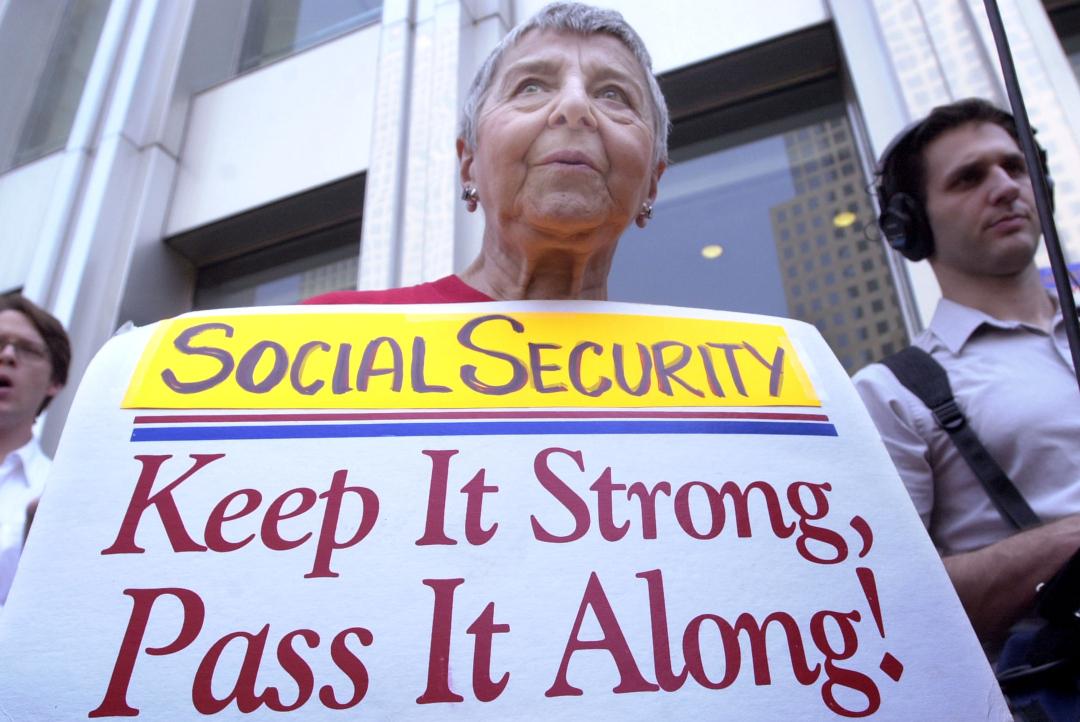Debt Ceiling and Social Security: Is There a Connection?
Congress has approved raising the federal debt limit. Many people wonder how the debt ceiling and social security are connected.
Dec. 16 2021, Published 8:11 a.m. ET
Congress has approved raising the federal debt limit by $2.5 trillion and the bill has been sent to President Joe Biden for ratification. The debt ceiling has been raised to around $31.5 billion and the new ceiling should help fund the government into 2023. Meanwhile, many people wonder how the debt ceiling and social security are connected.
The U.S. debt has exploded over the last year. The Trump administration and then the Biden administration opened the coffers to support the economy and individuals. The fiscal extravaganza did payoff because the U.S. economy would have slipped into an even deeper recession.
Debt has been rising globally.
Incidentally, lawmakers increased the U.S. debt ceiling the same day that the IMF noted in its blog that global debt hit a record high of $226 trillion in 2020, which is 256 percent of the world GDP. In advanced economies, the public debt as a percentage of GDP rose to 124 percent compared to 70 percent in 2007.
In 2020, the U.S. federal debt as a percentage of the GDP rose above 100 percent. As the IMF also noted, it has been a tough balancing act. Governments have been trying to strike a balance between bloating debt and the fiscal stimulus to support economies amid the COVID-19 pandemic.
Social security payments have been consistent.
The SSA (Social Security Administration) hasn’t missed any benefit payment since its inception in 1935. The debt ceiling has always been raised gradually even though there have been concerns about a debt default, including one earlier in 2021.
What happens if the debt ceiling isn't lifted?
If the debt ceiling doesn't get raised, the federal government shuts down and many functions are impacted. This doesn't include emergency and essential services. Federal employees might also get furloughed.
A U.S. debt default hasn't occurred yet. However, a debt ceiling might also impact social security payments, even as it isn't imminent. The SSA is self-funded through a payroll tax. The program isn't totally self-funded and the taxes fall short of the benefits.
The opinion is divided on how the debt ceiling will impact social security.
The opinion is divided on how the debt ceiling will impact social security. Treasury Secretary Janet Yellen said that not lifting the debt ceiling could impact social security payments. However, not everyone agreed with her opinion.
Many people think that there won’t be any short-term impact on social security since its payments are staggered. Social Security is well funded and can continue to pay full benefits until 2034. However, the jury is divided on what happens to social security if the debt ceiling doesn't get lifted for an elongated period.
As Maria Freese, a senior policy adviser at the National Committee to Preserve Social Security and Medicare, said during the debt ceiling concerns in September 2021, “We are in an unusual situation.” She also said, “That’s why I think people don’t know exactly what the impact is going to be. We’ve never had this happen before.”



